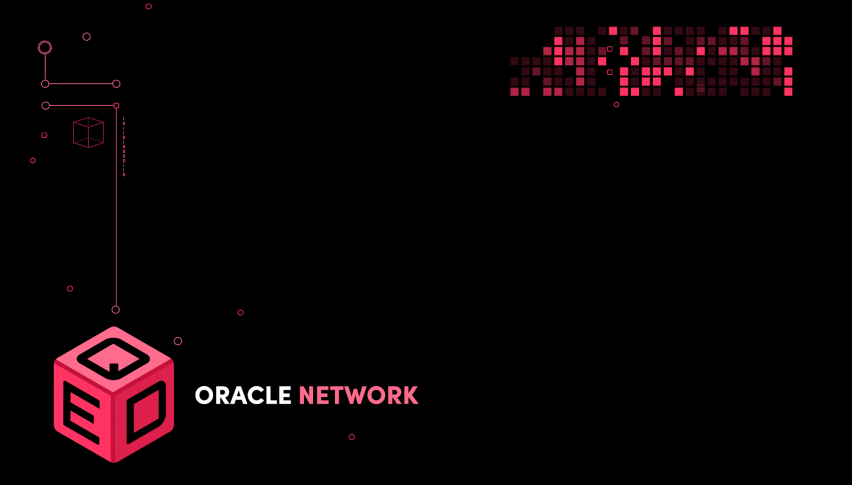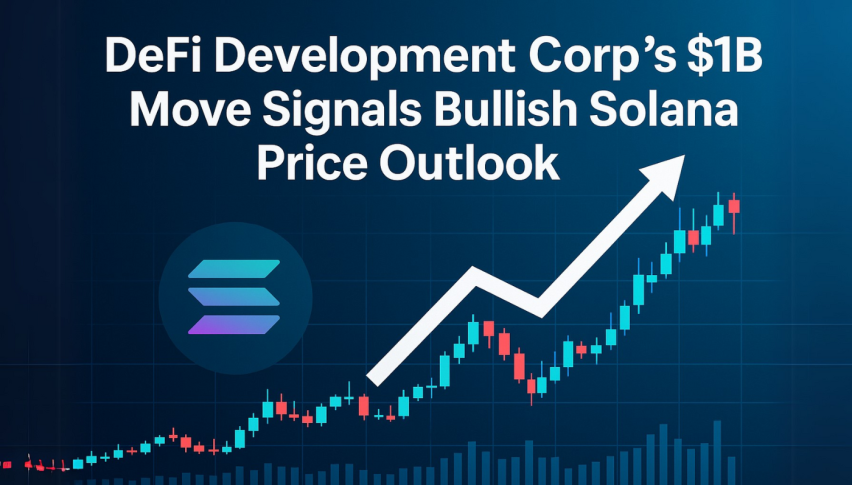QED’s Unique Proposition Makes Oracles More Robust And Efficient: Here’s How
Catering just as effectively to DeFi projects as to mainstream financial institutions, QED embeds financially dependable recourse mechanisms

At a time when the DeFi boom is underway and the demand for accurate information on blockchains is ever increasing, decentralized Oracle protocol and aggregator QED has devised a robust economic model to ensure accuracy in providing real world data on-chain. Catering just as effectively to DeFi projects as to mainstream financial institutions, QED embeds financially dependable recourse mechanisms to offer a scalable and innovative way to integrate with any public blockchain, including working in partnership with competitors in this space such as Chainlink’s Oracles as well.
QED is designed to interface with any public blockchain or smart contract platform in whole or even in a modular fashion. What sets QED’s Oracles apart is the provision of external collateral as bonds to their smart contracts as a method to eliminate risk. It preserves and rewards Oracles that supply accurate data and weeds out poorly performing Oracles through skewed fee allocations, leveraging capital efficiency to maintain real-time data accuracy within its ecosystem.
And QED is not new to the crypto space – having been around for over three and a half years as DelphiOracle in its previous iteration, QED knows the need for Oracles well before DeFi exploded into the scene. Where it truly shone through was on ‘Black Thursday’, working at full capacity even as the markets around it suffered.
One of the biggest issues QED aims to tackle is the inability of most Oracle protocols existing in the market to de deployed in real world commercial applications, especially as their smart contracts do not cater for commercial risk. In addition, several Oracle protocols fail in ensuring data accuracy, leading to severe risks as far as the clients that depend on them are concerned. Another major concern is that of poor cryptoeconomics, utilizing collusion and malice to ‘game the system’, making them hard to trust.
QED Oracles ensure commercial viability as they are underwritten by external collateral and optimize returns over time by using an economic incentive model, a system that will continually work to make the overall infrastructure more resilient and accurate, supporting the value of its native token. The protocol also takes care to eliminate poor performance by diverting fees to high performing and high accuracy Oracles. The QED system token maintains true decentralization of accountability to eliminate the problem of collusion within its ecosystem.
The native token in use within the protocol is QED, being offered with an initial circulating supply of 400,000,000 and a maximum supply of 1,000,000,000. The remaining 600,000,000 QED will be minted through Oracle fees structures. Based on the staking algorithm, a portion of the fees is payable in QED tokens and an Oracle needs to stake a minimum amount of these tokens to register and operate on the QED protocol. What’s also interesting is that the protocol avoids the problem of ‘death spiral’ by not letting users stake QED for collateral – a key concern plaguing several of its competitors.
- Check out our free forex signals
- Follow the top economic events on FX Leaders economic calendar
- Trade better, discover more Forex Trading Strategies
- Open a FREE Trading Account


